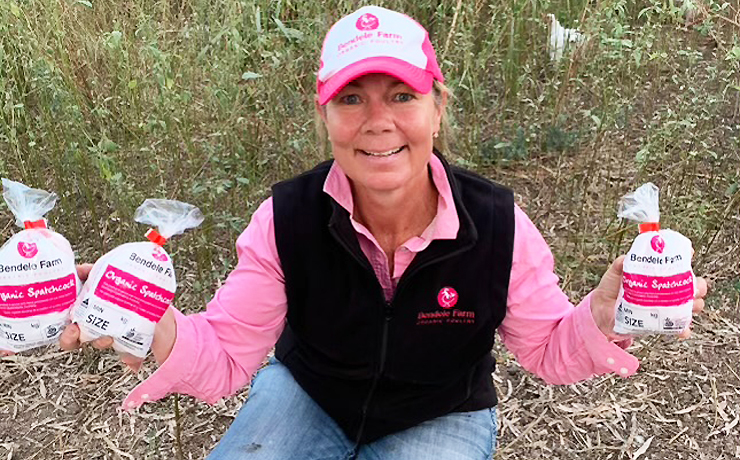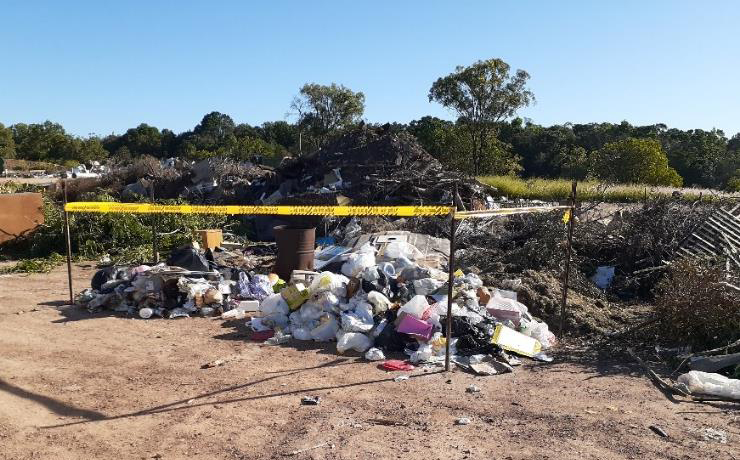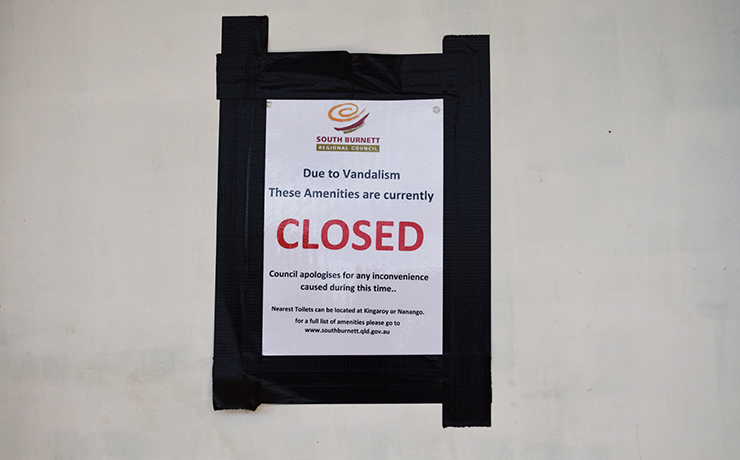

February 9, 2024
Nationals Leader David Littleproud has slammed new industrial legislation which he says will put biosecurity and farmers’ safety at risk.
Previously, union officials had a right to enter workplaces to investigate potential breaches of the Fair Work Act if they gave the employer 24 hours’ notice or if the Fair Work Commission waived this requirement, which it could in some circumstances.
The new legislation has expanded this right to waive the 24 hours’ notice if the FWC is satisfied the suspected contravention involves the underpayment of wages of a union member.
Mr Littleproud said giving unions the right to enter farms unannounced not only risked intruding on the privacy and the personal safety of farmers, but also had possible animal welfare implications.
He said the legislation could embolden unions with additional power to talk to workers and conduct snap inspections of pay records or properties.
“There are fears among industry that these changes give unions enhanced rights to enter farms unannounced, which is mind boggling and defies common sense,” Mr Littleproud said.
“The farm is often the family home for many Australians. This is about safety and privacy, as well as animal welfare and biosecurity risk.
“Any unintended consequences leading to an outbreak of a disease will cause lower food supply and higher food prices – this is the last thing Australian families need in the middle of a cost-of-living crisis.”
Organic poultry grower Sarah Sterns, from Bendele Farm at Kilkivan, has backed Mr Littleproud’s concerns.
“We live and work on the same premises so that would be a huge risk to our privacy,” Sarah said.
“I am not comfortable with the idea at all. Because we are organic and free range, we cannot afford to have people on our farm who are unfamiliar with the risk of viruses spreading.
“Being organic, we can’t use antibiotics or drugs so it would have an enormous impact if that happened, it would wipe out the farm.”
The second “Closing Loopholes” Bill, which passed through the Senate on Thursday, also makes it easier for some casual workers to convert to full-time work if they choose.
It also allows people working in the digital “gig economy” to apply to the FWC for orders around minimum standards on pay, penalty rates and superannuation and empowers the FWC to set minimum charge-out rates for independent contractor owner-drivers in the transport industry.
Workers have also gained a “right to disconnect”, meaning they cannot be disadvantaged by their employer for refusing to answer phone calls or emails after work hours.
Mr Littleproud said the new definition of “casual” could create a risk for farmers.
“Industry is also deeply concerned the changes could mean that an employee will only be ‘casual’ if there’s no ‘firm advanced commitment to continuing and indefinite work’, founded on mutual understanding, which is difficult when it comes to agriculture,” Mr Littleproud said.
“A casual employee will also have the right to convert to permanent employment after six months of employment, if the employee believes their status no longer meets the definition of ‘casual’. In other words, the casual employee, not the employer, gets to choose their own employment status.
“Labor is making it hard for farmers, but it’s families who will pay for it at the checkout.”























